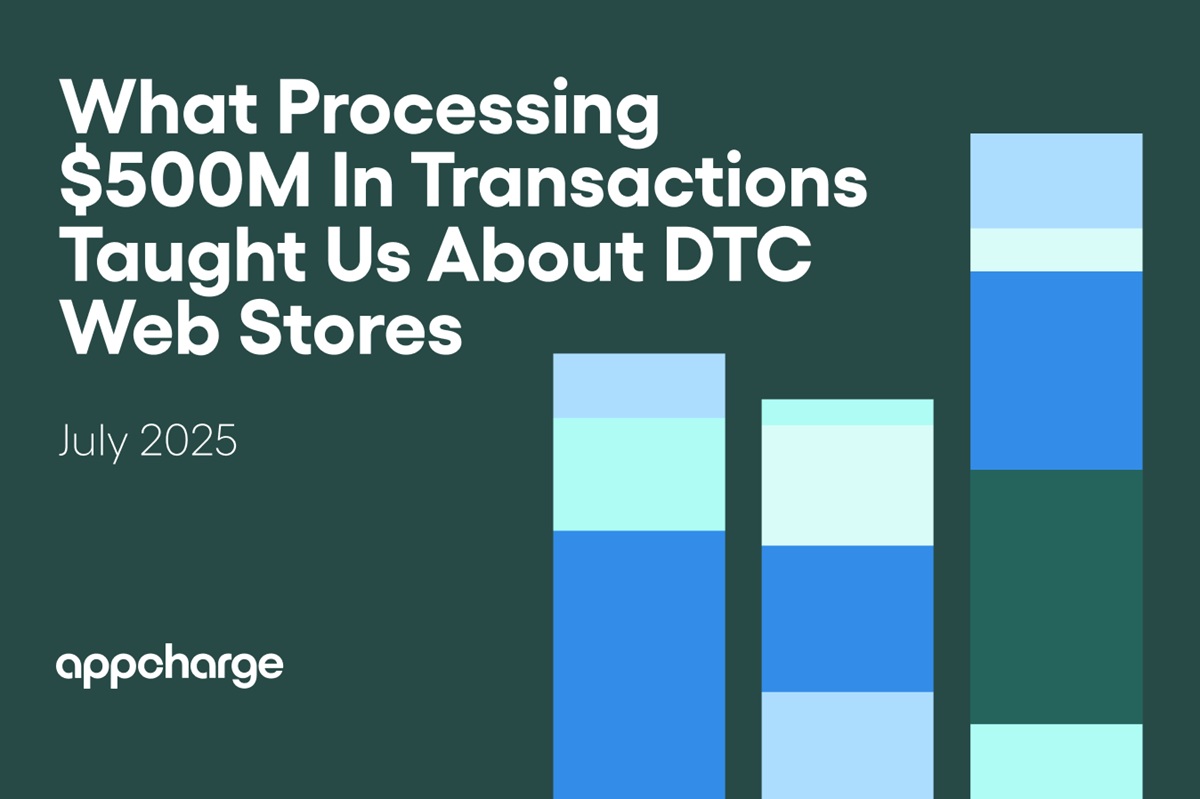Appcharge, a direct-to-consumer (DTC) payment platform for mobile game publishers, has published its first report analyzing over $500 million in web store transactions.
The Appcharge report shows sharp differences in payment methods between regions, underscoring the complexity of the rapidly growing web store market, driving the need for developers to have universal solutions, rather than managing myriad forms of payments.

Unlock premium content and VIP community perks with GB M A X!
Join now to enjoy our free and premium membership perks.
![]()

![]()